Bam Pushes for Work for Rural Poor
The heads or single adult members of poor families living in rural areas will be given temporary employment, once the bill filed by Sen. Bam Aquino is enacted into law.
“Considering that almost 80 percent of Filipinos living in poverty reside in our rural areas, we are in urgent need of measures to combat poverty and unemployment beyond our cities and urban hubs in the short term and long term,” Sen. Bam said of his Senate Bill No. 2903 or the Rural Employment Act of 2015.
“As such, we need to take a look at our rural communities and provide opportunities to those along the countryside and within our islands, beginning with our less fortunate countrymen,” added the senator, who worked with poor communities before he ran for the Senate.
According to Sen. Bam, the bill, if passed, aims to provide heads or single adult members of poor families in rural areas fair wages for temporary unskilled work for a minimum of 45 days but not more than 90 days in every calendar year.
It mandates the Department of Social Welfare and Development, in coordination with local government units, to hire unemployed Filipinos to maintain, build and rehabilitate shared, public facilities and livelihood assets within their communities.
This way, Sen. Bam said the bill addresses the issue of unemployment in rural areas and involves our less fortunate citizen in nation building at the same time.
“Let us bring opportunities, wealth and capacity to the Philippine islands, especially in the countryside. Let every Filipino reap the fruits of our positive progress and development,” added the senator, a world-renowned social entrepreneur.
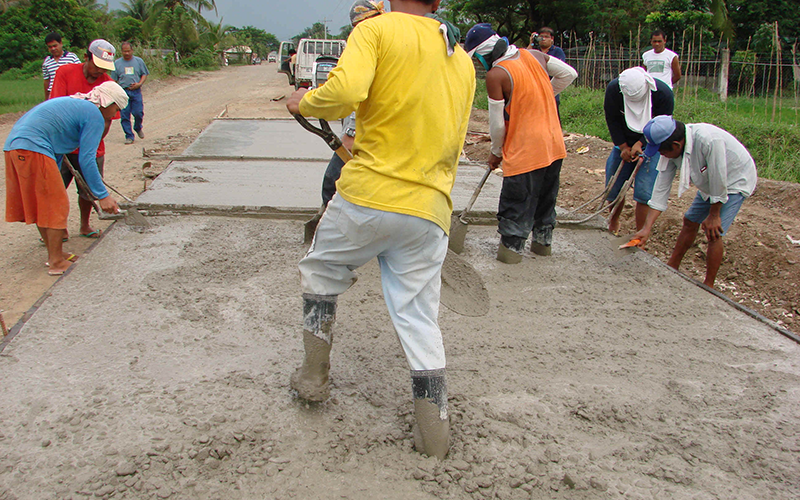
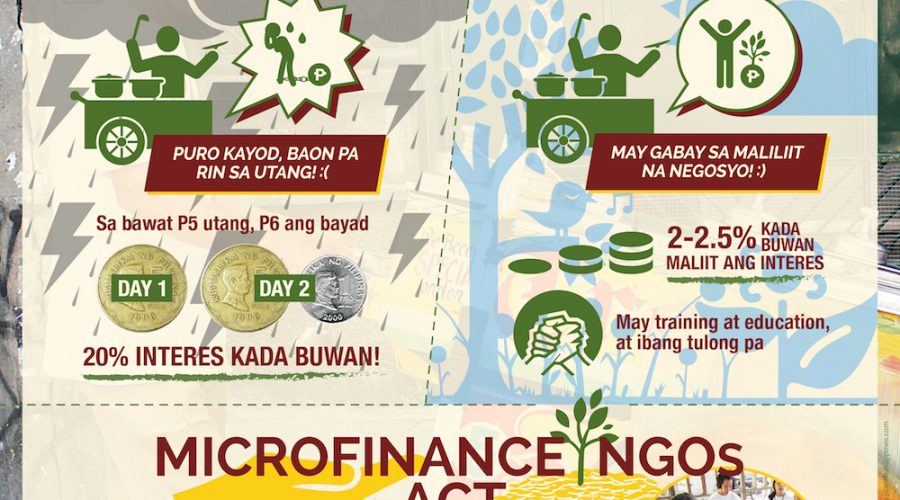
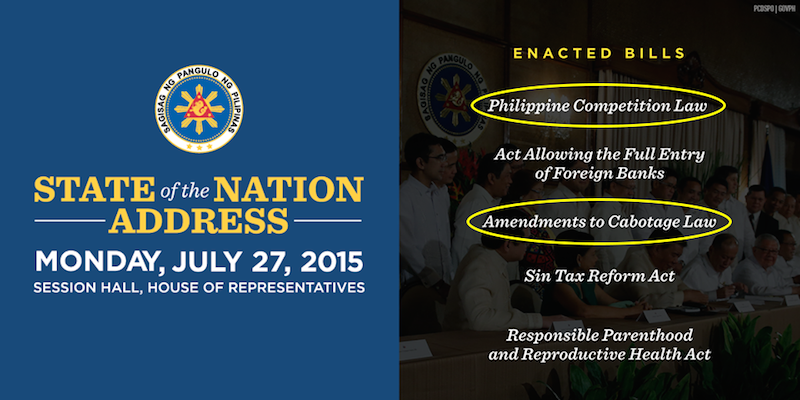
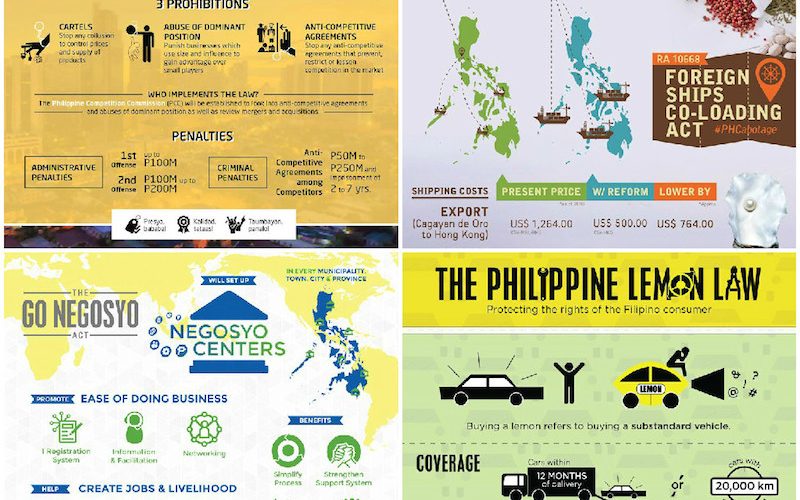
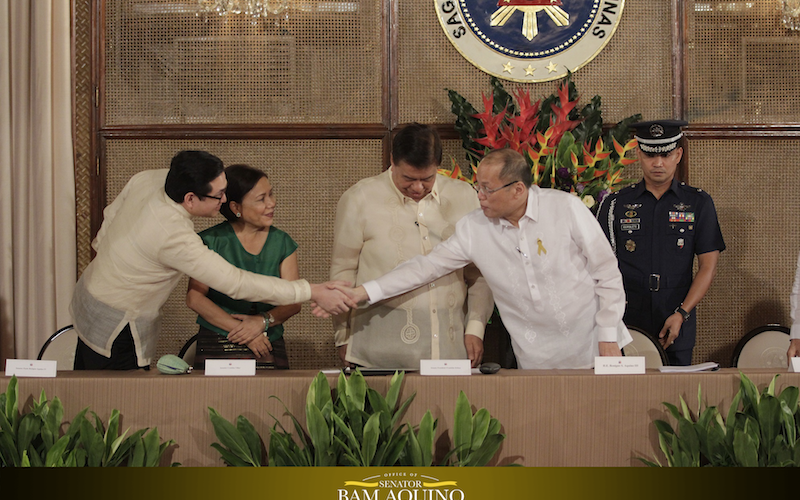


Recent Comments